Work Integrity
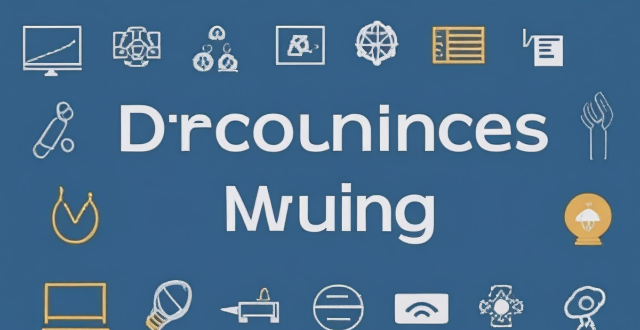
What is the difference between collaborative work and collusion in terms of academic integrity ?
The text discusses the differences between collaborative work and collusion in academic settings. Collaborative work is defined as a transparent process where individuals share ideas, resources, and skills for a common goal, distributing credit fairly and adhering to ethical standards. In contrast, collusion involves deceitful actions like plagiarism or falsifying data, aiming for unfair advantage and often resulting in severe penalties and reputational damage. The distinction is crucial for maintaining academic integrity and promoting an environment of honesty and transparency.
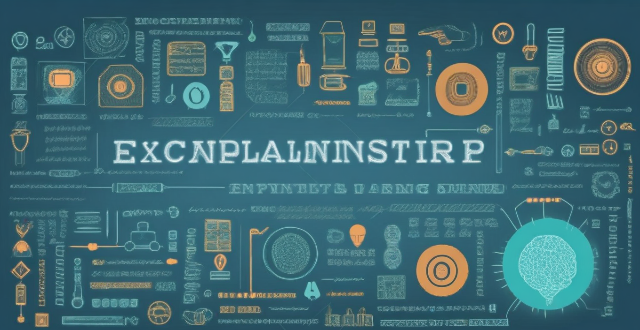
How does academic integrity relate to the concept of intellectual property ?
The text explores the relationship between academic integrity and intellectual property. It defines academic integrity as the core values of scholarly work, including honesty, trust, fairness, respect, and responsibility, which are essential in research, teaching, and publishing. Intellectual property, on the other hand, refers to legal protections that give creators exclusive control over the use of their creations of the mind. The intersection of these two concepts is discussed in terms of respect for original work, protection of ideas, promotion of innovation, and ethical considerations. Both academic integrity and intellectual property laws stress the importance of respecting original work and protecting ideas. They also promote open access and sharing of knowledge while ensuring responsible conduct of research. The text concludes that upholding academic integrity contributes to a robust system of intellectual property that benefits society as a whole.

What is academic integrity ?
Academic integrity is a fundamental principle governing the conduct of research, teaching, and learning in academic institutions. It encompasses values and ethical standards promoting honesty, fairness, respect, and responsibility among students, educators, and researchers. The goal is to maintain trustworthiness and credibility by adhering to high ethical standards. Core values include honesty, fairness, respect, and responsibility. Key aspects are avoiding plagiarism, fabrication, cheating, multiple submissions, and collusion. Violating academic integrity can lead to loss of reputation, disciplinary action, legal consequences, diminished career prospects, and ethical implications. Adhering to academic integrity promotes a fair and just academic environment.
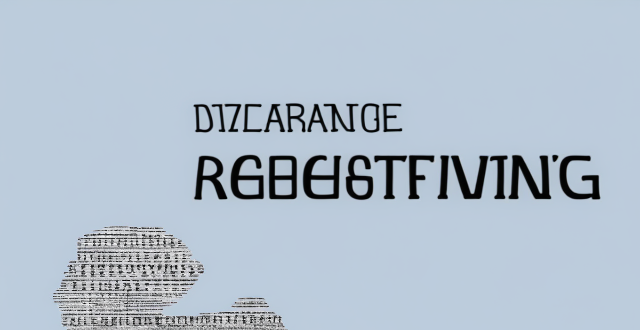
How can students maintain academic integrity in their studies ?
The text discusses the importance of maintaining academic integrity in education and outlines several ways for students to do so. It emphasizes understanding the concept of academic integrity, adhering to school policies, citing sources properly, avoiding plagiarism, being honest in assessments, respecting intellectual property rights, maintaining confidentiality, reporting incidents of misconduct, and seeking help when needed. The text concludes that maintaining academic integrity is crucial for students to achieve success in their academic pursuits and beyond.

Are there any cultural differences in perceptions of academic integrity ?
The perception of academic integrity can vary across cultures due to differences in values, beliefs, and practices. In individualistic cultures, academic integrity is often viewed as an individual responsibility, while collectivist cultures place more emphasis on group harmony and cooperation. Power distance can also influence perceptions of academic integrity, with high power distance cultures being more reluctant to report instances of academic dishonesty. The concept of time can also play a role, with monochronic cultures prioritizing efficiency over quality, while polychronic cultures focus on building relationships. Attitudes towards rules and regulations can also vary across cultures, with rule-based cultures viewing academic integrity as a set of strict rules, while relation-based cultures view it as something that depends on the relationship between individuals. Understanding these cultural differences can help educators design effective strategies to promote academic integrity among diverse student populations.

What are the consequences of violating academic integrity principles ?
Violating academic integrity principles can lead to serious consequences on both individual and institutional levels, including academic penalties, damage to reputation, difficulty gaining acceptance into programs or securing employment, emotional distress, and potential loss of accreditation for institutions. It is essential for students to understand the importance of maintaining academic integrity to protect their personal and professional futures, as well as the reputation of their educational institutions.

In what ways does academic integrity relate to professional ethics ?
**Academic Integrity and Professional Ethics: An Interconnected Relationship** The concepts of academic integrity and professional ethics are fundamentally interconnected, sharing principles like honesty, fairness, responsibility, respect, and courage. Academic integrity lays the groundwork for professional ethics by instilling foundational skills such as critical thinking, research integrity, and ethical decision-making. These skills transition from academia to profession, building reputations for reliability and trustworthiness. Therefore, promoting academic integrity is crucial not only for the academic community but also for the broader professional world.

What is the role of peer pressure in maintaining or undermining academic integrity ?
Academic integrity is a commitment to honesty, trust, fairness, respect, and responsibility. Peer pressure can play a positive role in maintaining academic integrity by encouraging ethical behavior, promoting collaborative learning, and providing support and encouragement for students. However, peer pressure can also undermine academic integrity by promoting cheating and plagiarism, disrupting collaborative learning environments, and stigmatizing help-seeking behavior. It is essential to recognize the potential impact of peer pressure on academic integrity and work to foster an environment that supports ethical behavior and discourages cheating and plagiarism.
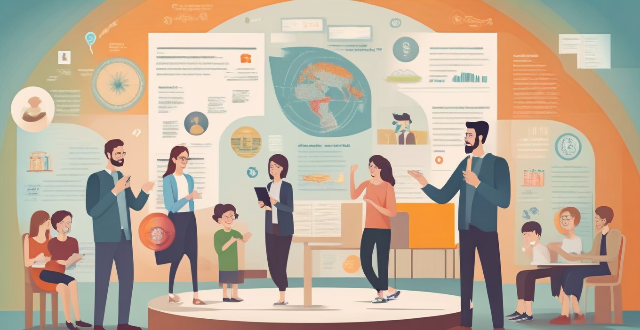
How has the COVID-19 pandemic affected issues of academic integrity, especially with online learning ?
The COVID-19 pandemic has significantly impacted academic integrity in the education sector, particularly due to the shift to online learning. The increased opportunities for cheating during online examinations and plagiarism are major concerns. Difficulty in maintaining academic integrity standards, potential for misunderstandings and miscommunications, and strategies to address these challenges are also discussed.

What are the long-term effects of breaches in academic integrity on one's career ?
The long-term effects of breaches in academic integrity can be severe and far-reaching, including damaged reputation, limited career opportunities, and potential legal consequences. It is essential for students, researchers, and educators to uphold the principles of academic integrity to ensure the success of their careers and the integrity of their respective fields.
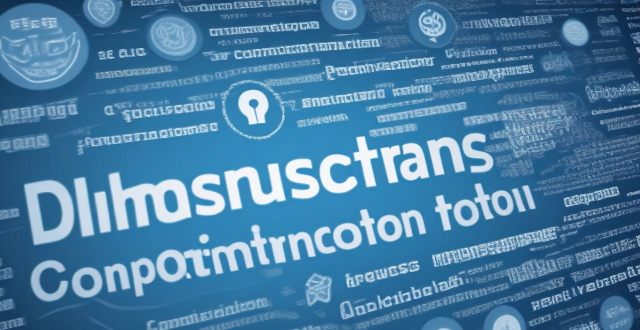
How do communication protocols ensure data integrity and security during transmission ?
The text discusses the role of communication protocols in ensuring data integrity and security during transmission. It outlines mechanisms such as checksums, sequence numbers, acknowledgments for maintaining data integrity, and encryption, authentication, and secure protocols for ensuring data security. The article emphasizes that adhering to these rules allows devices to communicate reliably and securely over networks.
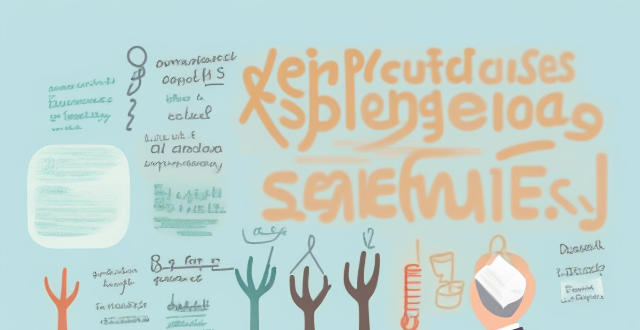
How can students with English as a second language be supported in understanding and applying academic integrity standards ?
The text discusses the importance of supporting students with English as a second language (ESL) in understanding and applying academic integrity standards. It outlines four key strategies for doing so: providing clear explanations, accessible resources, open communication, and extra support. Clear explanations should cover what constitutes academic dishonesty, the consequences of violations, and how to avoid dishonesty. Accessible resources such as glossaries, guides, and videos can help ESL students understand these concepts better. Encouraging open communication between students and instructors can address concerns and questions about academic integrity. Providing extra support through tutoring services, workshops, and peer mentoring programs can further assist ESL students in adhering to academic integrity standards.

Why is academic integrity important in education ?
Academic integrity is crucial in education as it promotes honesty, builds trust, ensures fairness, cultivates respect, and develops responsibility. It prevents damage to reputation and erosion of confidence in research, while also ensuring actual learning outcomes. Educators must reinforce these principles to create a culture that values honesty and excellence in scholarship.
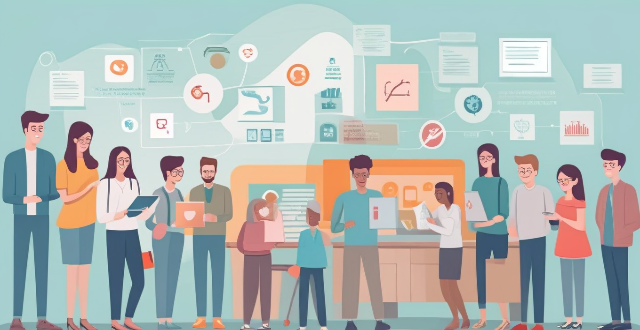
How can schools address the issue of contract cheating, where students pay others to complete their assignments or exams ?
Addressing contract cheating in schools is crucial for maintaining academic integrity. Effective measures include using advanced plagiarism detection tools, educating students on academic integrity, encouraging open discussions, providing support services, and collaborating with parents and guardians. These strategies can deter students from engaging in contract cheating and promote a culture of original work.
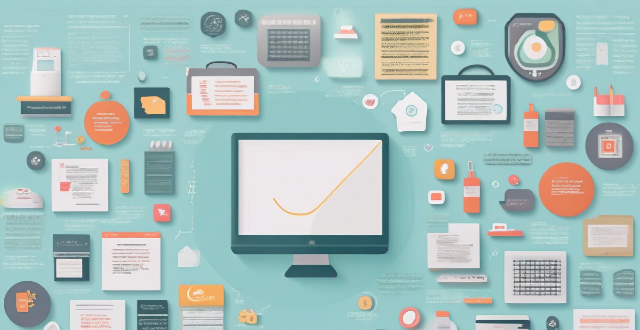
How does technology impact academic integrity, particularly regarding plagiarism ?
Technology has significantly impacted academic integrity and plagiarism in the educational world. The rise of plagiarism detection software has increased awareness and improved the quality of student work but may also lead to false positives and overreliance on technology. Evolution of writing and research tools makes information more accessible yet poses risks like plagiarism opportunities and lack of critical thinking. Social media and collaborative platforms facilitate collaboration and networking but can also contribute to plagiarism risks and distractions. It is crucial for educators to promote ethical practices while leveraging technology's benefits for learning and collaboration.
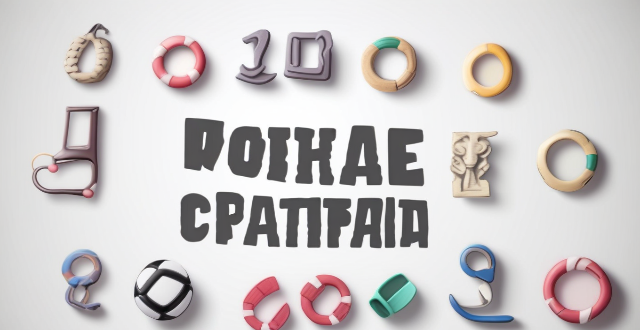
What is the impact of cheating on the integrity of sports competitions ?
Cheating in sports competitions has a profound impact on the integrity of the games. It undermines the fairness and equality that are fundamental to the spirit of competition. The various ways in which cheating affects the integrity of sports competitions include loss of trust and credibility, unfair advantage for cheating athletes or teams, harm to clean athletes, negative impact on young athletes, and damage to the reputation of the sport. To preserve the spirit of competition and ensure fair play, it is crucial for sports organizations, athletes, coaches, and fans to work together to prevent and address cheating in sports competitions.
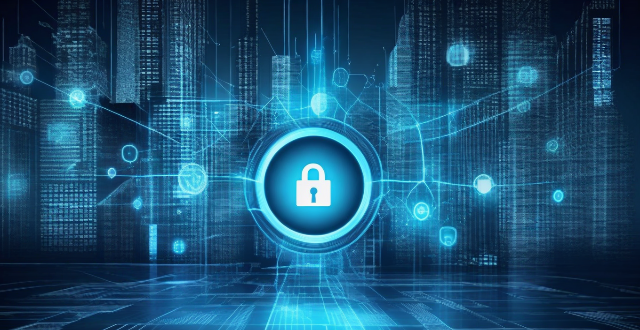
How does cryptocurrency work ?
Cryptocurrency is a digital or virtual currency that uses cryptography for security, operating independently of a central bank. It allows direct transfers between individuals without intermediaries like banks. Key components include cryptography (public and private keys, encryption, decryption), blockchain technology (decentralization, transparency, immutability, consensus mechanism), mining (Proof of Work, Proof of Stake, mining rewards, network security), and smart contracts (automation, efficiency, security, transparency). These technologies work together to create a secure, decentralized, and transparent digital payment system with fast, low-cost, and borderless transactions while maintaining user privacy and security.
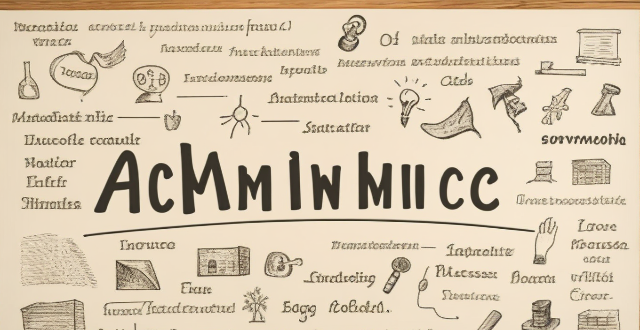
What are some tips for effective academic writing ?
Effective academic writing is essential for success in higher education. To improve your skills, understand the assignment, plan your work, conduct research, write clearly and concisely, use evidence to support arguments, edit and revise your work, follow academic integrity guidelines, use visual aids when applicable, stay focused on the main point, and seek feedback from others.

Can you give examples of academic dishonesty ?
Academic dishonesty refers to any behavior that compromises the integrity of academic work. It can take many forms, including cheating, plagiarism, falsification of data, and improper collaboration on assignments. Such actions not only undermine the trustworthiness of academic institutions but also hinder students' learning and development. Some examples of academic dishonesty include using cheat sheets or notes during exams, copying from others, using unauthorized devices, impersonation, submitting another's work as your own, unauthorized collaboration, direct plagiarism, mosaic plagiarism, fabrication, manipulation, selective reporting, group assignments as individual work, and unequal contribution. Engaging in academic dishonesty can lead to serious consequences, such as failure of the assignment or course, suspension or expulsion from school, and damage to reputation and future opportunities. It is essential for students to understand the importance of academic integrity and the long-term impact of their actions. By maintaining honesty in their academic pursuits, they ensure a fair and trustworthy educational environment for all.
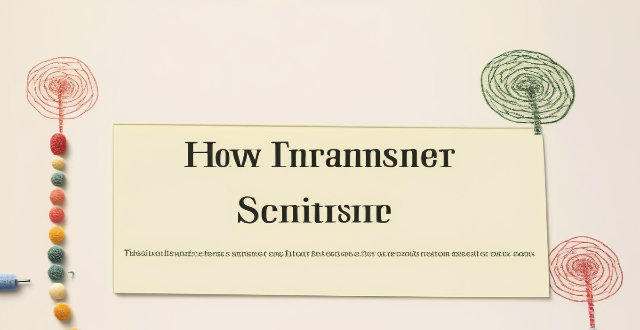
How do we ensure that climate decisions are based on sound science ?
The text discusses how to ensure that climate decisions are based on sound science. It suggests a multi-faceted approach that includes ensuring data quality and integrity, promoting interdisciplinary collaboration, and enhancing public understanding and involvement. The author emphasizes the importance of rigorous research, maintaining data integrity, encouraging collaboration between different fields, integrating traditional knowledge and local expertise, educating the public about climate science, and encouraging public participation in decision-making processes. By adopting these strategies, we can make informed decisions that effectively address the challenges posed by climate change.
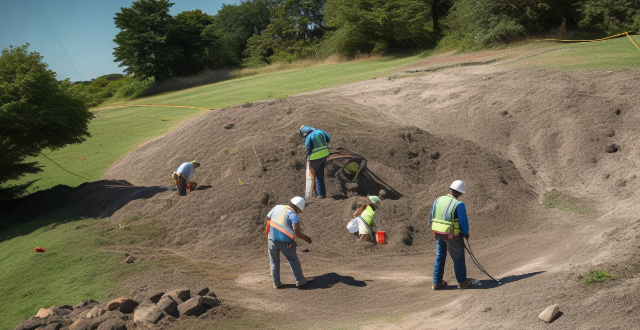
Is it safer to stay in a high-rise building during an earthquake or evacuate ?
The article discusses the safety considerations for staying in or evacuating a high-rise building during an earthquake. It outlines the advantages and disadvantages of both options, such as structural integrity, risk of falling debris, and access to emergency services. The decision should be based on factors like the severity of the earthquake, the building's structural integrity, and available safety precautions. Being prepared with an emergency kit and knowledge of proper safety procedures is crucial for ensuring well-being during these events.

How does a carbon credit system work ?
A carbon credit system is a market-based approach that incentivizes companies, organizations, and individuals to reduce their greenhouse gas emissions. It works by setting emission reduction targets, generating carbon credits for verified emission reductions, allowing the trading of these credits, and using them for regulatory compliance or offsetting emissions. This system fosters economic efficiency, flexibility, and innovation while encouraging global cooperation on climate action. However, challenges such as ensuring permanence of reductions and maintaining system integrity must be addressed to ensure its effectiveness.

What is blockchain technology and how does it work ?
Blockchain technology is a decentralized, digital ledger that records transactions securely and transparently. It was originally designed for Bitcoin but has since been adapted for various applications. Key features include decentralization, transparency, immutability, and security. The technology works through transaction creation, broadcast, verification, block creation, consensus, addition to the blockchain, and perpetuation. Benefits include enhanced security, elimination of intermediaries, increased transparency, reduced costs, and improved efficiency. Blockchain technology has potential applications beyond cryptocurrency and could transform industries such as finance and supply chain management.
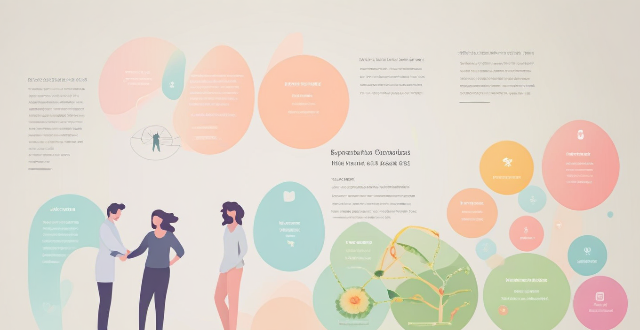
What are some tips for women to manage work-life balance effectively ?
This topic provides valuable insights and actionable strategies for women aiming to achieve a healthier work-life balance. The suggestions range from practical time management tips to self-care practices, emphasizing the importance of setting boundaries, delegating responsibilities, and leveraging technology. By prioritizing personal well-being and embracing flexibility, women can enhance their productivity and overall life satisfaction. The text underscores the necessity of building a support network and regularly reflecting on one's approach to balance, highlighting that achieving an ideal work-life equilibrium is a dynamic and ongoing process.

How can women achieve a work-life balance ?
Achieving a work-life balance is crucial for women who often face additional societal expectations and responsibilities. Some strategies that can help include prioritizing self-care, setting clear boundaries between work and personal life, managing time effectively, seeking support when needed, and embracing flexibility in work arrangements. By implementing these strategies, women can create a more harmonious balance between their professional and personal lives.
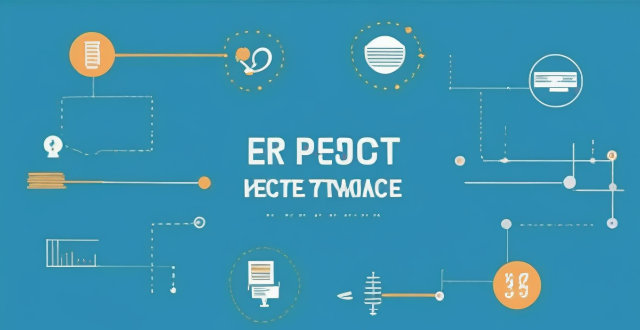
How do smart contracts work ?
Smart contracts are self-executing contracts with the terms directly written into code, operating on a decentralized blockchain network. Key features include autonomy, trustless transactions, immutability, and traceability. The working mechanism involves deployment, execution based on predefined conditions, verification through consensus algorithms, and settlement updating contract states. Benefits encompass efficiency, transparency, security, and the removal of intermediaries. Challenges include legal recognition, coding errors, and handling complex logic. Smart contracts revolutionize traditional contract law by enabling secure, automated, and transparent transactions on blockchain networks.

What are the safety regulations for electrical work ?
Electrical work involves a high level of risk, and it is essential to follow strict safety regulations to prevent accidents and injuries. Here are some of the key safety regulations for electrical work: - Always wear appropriate personal protective equipment (PPE), such as insulated gloves, safety glasses, and non-conductive shoes. - Turn off the power before starting any electrical work, and use a lockout/tagout system to prevent accidental energization of equipment. - Use insulating materials and tools designed for live work when working near live circuits. - Assess confined spaces for potential hazards before entering and use ventilation systems to maintain safe air quality. - Only qualified personnel should work with high voltage circuits, using specialized tools and following specific procedures for testing and inspection. - Know emergency procedures, including the location of emergency equipment and how to call for help.

What are the potential benefits and drawbacks of remote work in the future ?
The potential benefits of remote work in the future include flexibility and enhanced work-life balance, productivity gains, cost savings, access to global talent, and a positive environmental impact. However, there are also potential drawbacks such as isolation and lack of social interaction, communication challenges, work-life boundary blurring, management and supervision issues, and security risks. It is important for individuals and organizations to consider these factors when deciding on the feasibility and implementation of remote work arrangements.

How can parents balance work and providing quality education at home ?
Balancing work and providing quality education at home can be a challenging task for parents. However, with proper planning and execution, it is possible to achieve both goals effectively. In this article, we will discuss some strategies that parents can use to balance their work responsibilities while ensuring their children receive a high-quality education at home.

Can exercising during lunch breaks improve work performance ?
Exercising during lunch breaks can improve work performance by boosting energy levels, reducing stress and anxiety, improving mood, enhancing cognitive function, and promoting better sleep quality. To incorporate exercise into your routine, plan ahead, set realistic goals, find a workout buddy, be mindful of time, and make it fun!